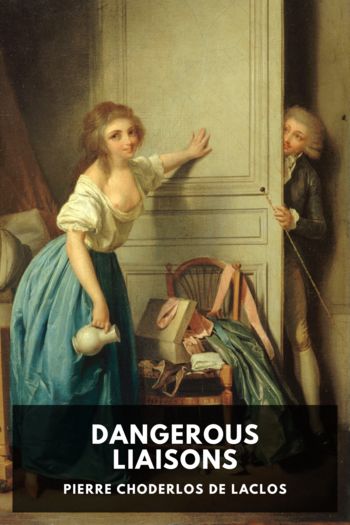The Other Side of the Door, Nicci French [new reading .TXT] 📗

- Author: Nicci French
Book online «The Other Side of the Door, Nicci French [new reading .TXT] 📗». Author Nicci French
Amos just shook his head. ‘I think I’ve realized for the first time why things didn’t work out with us. I wasn’t good enough at music and you weren’t good enough at poker.’
After
What I used to do at times like this was lose myself in music, in a place where there were no words, no ideas, no having to be clever. Now music was no longer there for me in that way. It was like a drug that had stopped working. The feel of a guitar or a keyboard wasn’t an escape but a sharp reminder of things that had gone terribly wrong.
In normal times, or at least in normally abnormal times, I would have gone out to see friends. But I knew they would want to ask about him, to get my side of the story, to pump me for memories, to share in some of the celebrity of knowing someone who knew a murder victim. I was tormented by the feeling that it would take just one slip, one wrong note, one misjudged response to raise suspicions and everything would unravel. I imagined saying something to someone and they would respond, ‘But I thought you said . . .’ or ‘But how could . . .’ or ‘But doesn’t that mean that . . .’ or ‘But weren’t you . . .’ There was one truth hidden by an infinity of lies.
Sally rang and told me she and Richard were going away together to try to sort things out. She kept crying so I could hardly hear what she was saying, but I did gather she had been with the police again, and so had Richard. I kept receiving emails and texts from friends. Had I heard about that band he’d been in? Who could have done it? They helpfully sent me links to footage on the Internet of appearances he’d made at festivals in Germany, Holland, Suffolk. There was a Wikipedia entry on him. It said that his career had been promising, that back in the nineties he had been talked of as a major young talent, but that from the beginning he had been a maverick with a self-destructive streak and that in the end his career hadn’t come to much. That was me. I was part of what his career hadn’t come to.
What I knew was bad enough, but what was worse was what I didn’t know. I felt like a very minor soldier in a big battle, right on the edge, who didn’t understand what the struggle was about, or who was winning, or what the tactics were, but just heard occasional explosions from a distance. I had no idea what they meant. Sudden lulls. I had no idea what they meant either.
I was almost sure that the police still had no idea of where Hayden had been killed. Did they suspect? Were they combing the flat for evidence? Even if they were, I couldn’t think of anything significant they would find. What about his body? Would it just take a hair off my head, a fibre from my sweater? But they knew we’d been together. If I just stonewalled and denied everything, whatever they put to me, surely I’d be safe. But now there were Neal and Sonia as well. We were as strong as the weakest link. The one comfort was that there was no doubt it was me.
I knew that the police had talked to the others. What had they said? Did it matter what they’d said? I had no sense of whether the police were working on a theory or whether they were just interviewing everyone who had had anything to do with Hayden and hoping for the best. I suspected they were a bit dubious about me, but did they actually think I’d killed Hayden? Did they think I was the woman in the car? That I was both? Or one and not the other? And what happened with these inquiries? Did they go on for ever or did they just gradually fade away? I remember hearing or reading, or probably seeing on some TV detective show, that if a murder wasn’t solved in the first twenty-four hours, it probably wouldn’t be solved at all. Was that true or just an urban legend? After all, I didn’t know very much and most of what I thought I did know generally turned out to be wrong whenever I checked it with anyone.
Above it all, or beneath, there was the person, or the people, who had killed Hayden and whose evidence we had covered up. What were they thinking? What had they thought when the body hadn’t been found? When it had turned up in a reservoir? Were they doing anything about it or just letting events take their course? Was it someone from his past, someone I’d never heard of? Or was it someone I knew? Was it all just staring me in the face? That question of who could possibly have killed Hayden was the least mysterious of all the questions I asked myself. The answer was, anybody who had known him because, with Hayden, that was about enough to give you a sufficient motive. That was the thing. I could have done it, given the right moment, the right argument, the right heavy object in my hand. What would God say to that? Perhaps the fact, if it was a fact, that I could have done it was as bad as if I actually had done it.
So I sat in my unfinished, indeed barely started, flat and asked myself questions because I didn’t want to speak them aloud. I couldn’t lose myself in music because music was now part of the problem. And I couldn’t lose myself in drink because I couldn’t trust what I might do or what I might say.
IN THE END, I couldn’t stand the voices scratching in my head. I had to speak to someone or I’d





Comments (0)